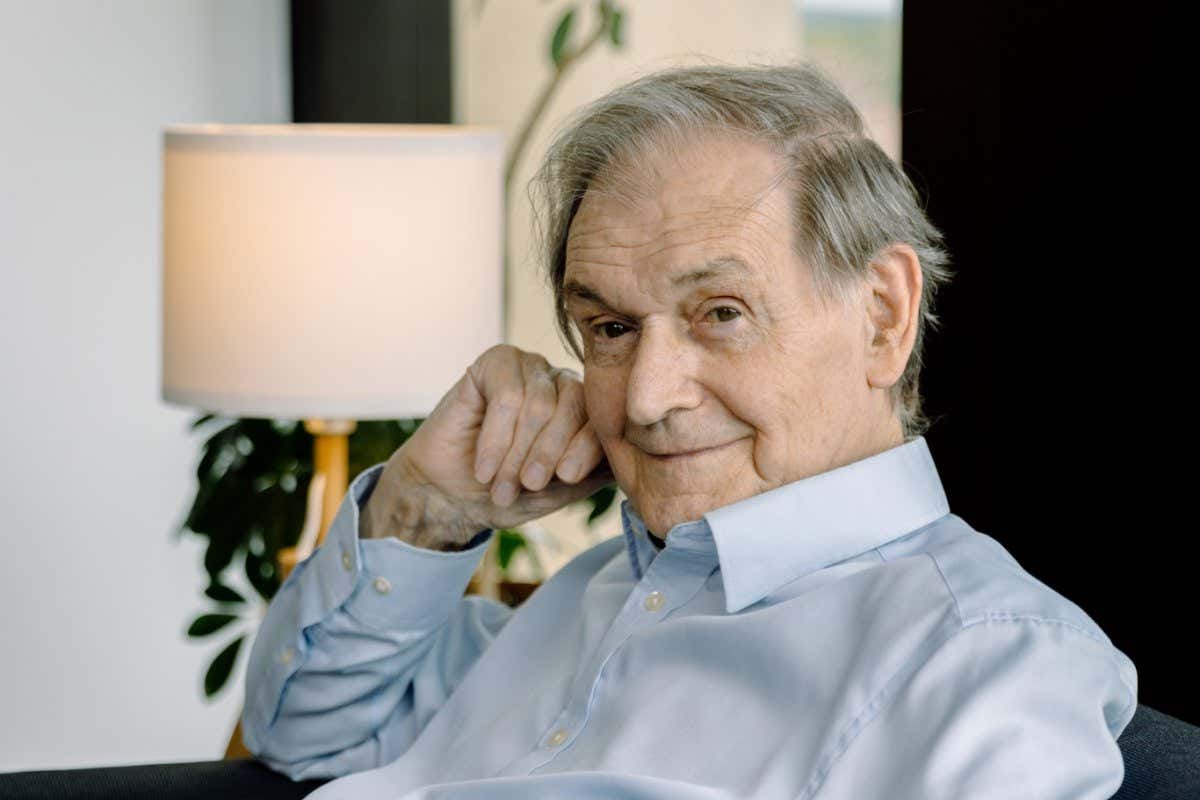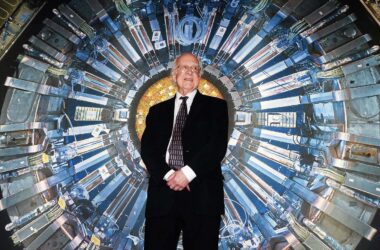Roger Penrose, the renowned mathematician from the University of Oxford, has had a long and illustrious career, filled with groundbreaking discoveries and collaborations with esteemed scientists such as Stephen Hawking. In a recent interview, Penrose discussed his thoughts on singularities, black holes, cosmology, and consciousness. Here, we delve into some of the unique insights from the interview.
Predicting Singularities:
In 1965, Penrose made the pioneering prediction of the existence of singularities, particularly in the centers of black holes, using general relativity. While the recent photograph of a black hole didn’t have a significant impact on him due to his earlier expectations, he reflects on the initial skepticism surrounding the idea of singularities. Many scientists, including Einstein, were doubtful of their existence. But Penrose’s work showed that singularities are a necessary consequence of general relativity.
The Connection between Quasars and Black Holes:
Penrose explains that the observation of quasars, extremely bright objects in the centers of galaxies, suggested the existence of black holes. The signal strength of quasars implied that they were both massive and spatially small, which aligns with the characteristics of black holes. Although the idea of black holes didn’t emerge from the mathematics at the time, Penrose’s work helped solidify their existence.
Conformal Cyclic Cosmology (CCC):
Penrose is currently working on a paper about CCC, which challenges the notion that the big bang was the origin of the universe. Instead, CCC proposes that the big bang is a continuation of a previous aeon, and the universe undergoes cyclic expansions and contractions. Penrose acknowledges that CCC has not been widely embraced by the physics community despite its observational implications. He believes that dismissing new ideas in the face of robust evidence is a cause for concern in science.
Quantum Consciousness:
One of Penrose’s controversial ideas is the involvement of quantum effects in consciousness. While he admitted to giving up on exploring this concept in his book “The Emperor’s New Mind,” Penrose found promise in Stuart Hameroff’s theory of consciousness being related to microtubules. Together, they developed the theory of Orchestrated Objective Reduction (Orch OR). Penrose emphasizes that whatever consciousness is, it is beyond computable physics, suggesting that it is not just about quantum mechanics in the brain but rather about our current understanding of it.
The Nature of the Universe:
Regarding the inherent meaning and purpose of the universe, Penrose finds a connection between consciousness and the fundamental constants of nature. He argues that the presence of consciousness is not random and might be tied to the specific values of these constants. While Penrose identifies as an atheist, he acknowledges that there is something intriguing about the role of consciousness in the universe that may resonate with religious perspectives.
Penrose’s insights offer a glimpse into the fascinating intersection of physics, cosmology, and consciousness. His groundbreaking work continues to inspire and challenge our understanding of the universe and our place within it.








